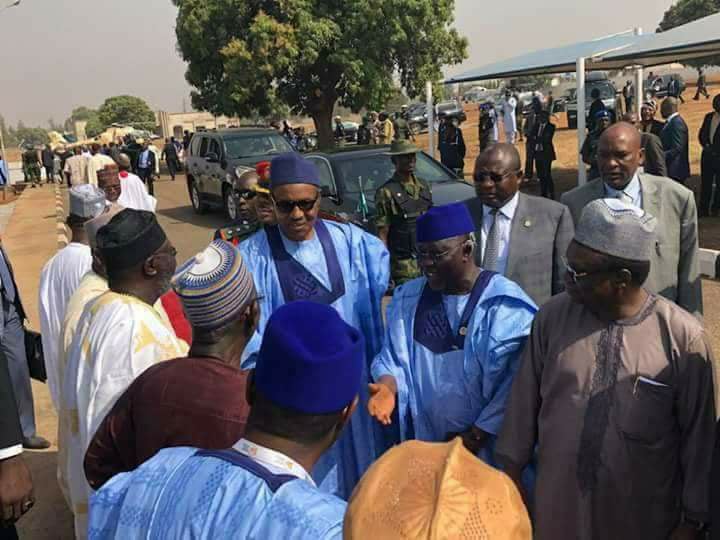Nigerian government pays N5000 to 400000 poor Nigerians under cash transfer programme

At least, 400000 Nigerians in 20 states of the country are currently enjoying the N5000 monthly cash transfer programme initiated by the National Social Safety Nets Project (NASSP) in the presidency.
The programme was conceived as part of Federal government’s larger growth inclusivity and social inclusion policy aimed at addressing poverty in the country.
Supported by the World Bank, the programme is aimed at providing financial support to targeted poor and vulnerable Nigerian households.
National coordinator of the programme, Dr. Sinkaiye Temitope said at a training programme for state focal persons drawn from Anambra, Kogi and Cross River states in Awka, that the process that threw up the beneficiaries emanated from the social investment office in the presidency.
She said that the programme would be extended to other states once they provided the necessary requirements for its take-off.
According to her, because the target audience was the poorest of the poor and lived in the rural area, the focal persons needed to be properly trained on how to reach and communicate with the beneficiaries.
She said: “This programme aims at responding to deficiencies in capacity and lack of investment in human capital and focuses on the poor and vulnerable households in Nigeria as identified through a combination of geographic and community-based targeting mechanisms.
“The identified household’s socio-economic data is then subjected to Proxy Means Testing (PMT) for ranking the poor and vulnerable in the National Social Register (NSR).”
According to her, the beneficiaries were trained on life skills and savings group mobilization and micro business development to enable them to save, form economic groups, make financial plans and engage in viable business activities within their communities in order to strengthen their livelihood activities to contribute their quota to the state and national economy.
She also explained that 2,495 community facilitators have so far been trained in the 20 participating states to facilitate the formation of cooperatives, skills and financial training and continued support for the caregivers in the poor households that were being paid, while 2,521 beneficiary groups had been established in eight states.
She added that the livelihood support would facilitate graduation of beneficiaries out of poverty, thereby making them financially independent.
She said further: “A number of beneficiaries have made remarkable progress in their individual lives and households. A lot of them are engaged in productive business activities for self-reliance. Some of them are engaged in animal husbandry, petty trading, as well as services such as dressmaking, grinding of grains and other necessary service at the communities, which was hitherto the preserve of a few persons.”
Anambra State coordinator of the programme, Mrs. Chinwe Iwuchukwu commended the federal government for initiating the social investment programme, adding that it came when it was most needed in the country.
She urged the focal persons to take the programme serious because a lot of money was involved in its implementation and assured of Governor Willie Obiano’s continued support to the programme.
“This is a very transparent programme and all hands should be on deck to sustain it,” Iwuchukwu said.

















